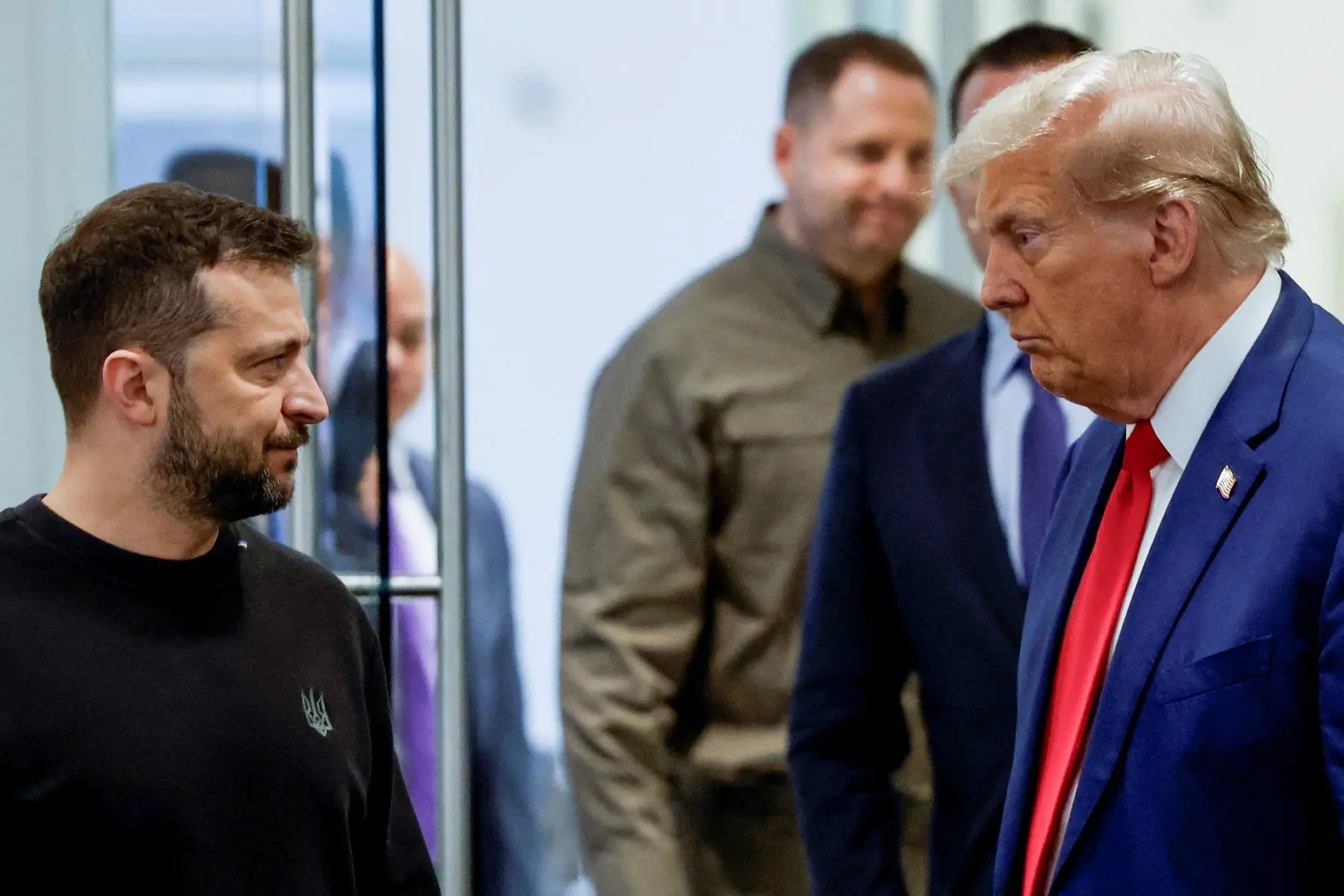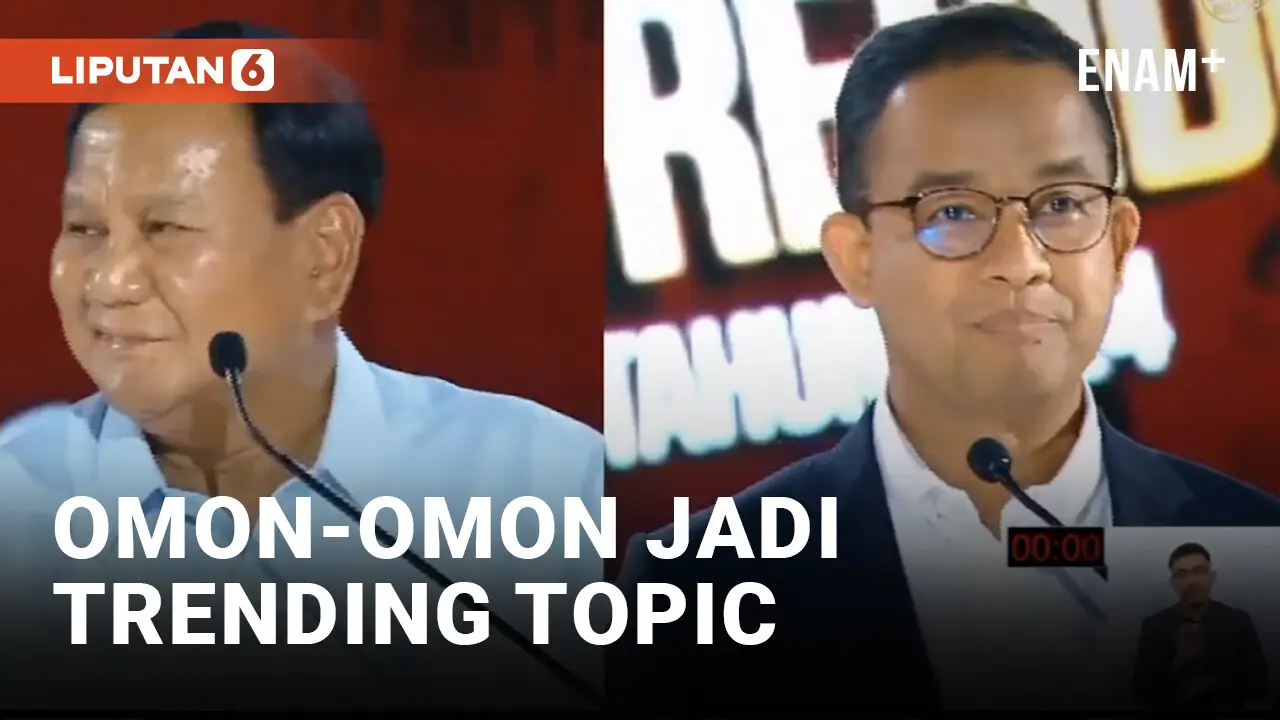
Ukrainian President Volodymyr Zelensky recently made headlines by accusing former U. S. President Donald Trump of living in a “disinformation space” following Trump’s repeated statements about the ongoing war in Ukraine.
Zelensky’s remarks have reignited debates on the global stage about the role of misinformation in shaping public opinion and foreign policy, particularly regarding the war in Ukraine. This article delves into Zelensky’s comments, the context behind them, and the implications for both Ukraine and the international community.
Zelensky’s Statement on Trump and Disinformation
1. The Context of Zelensky’s Remarks
During an interview, President Zelensky responded sharply to Trump’s past claims about the Ukrainian war. Trump, who has consistently criticized the Biden administration’s support for Ukraine, has often suggested that the U. S. should not be involved in the conflict and has questioned the legitimacy of Ukraine’s efforts. Zelensky, in response, pointed out that such rhetoric was based on misinformation and was detrimental not just to Ukraine, but to the credibility of the U. S. in its global role.
According to Zelensky, Trump’s statements were far removed from the realities on the ground in Ukraine. By accusing Trump of living in a “disinformation space,” Zelensky implied that the former president was relying on false narratives that skew the public’s understanding of the war and the broader geopolitical implications.
Zelensky’s comment was a direct call for more accurate information and a condemnation of the harmful effects of disinformation on global politics.
2. The Role of Disinformation in Global Politics
Zelensky’s accusation touches on the growing concern over disinformation, especially in relation to high-profile political figures. Disinformation—deliberately false or misleading information spread to influence public opinion or obscure the truth—has been a significant factor in international politics, especially in the context of the Russian invasion of Ukraine.
Various actors, including Russia, have utilized disinformation campaigns to manipulate public sentiment and sow division within countries supporting Ukraine, including the United States.
Trump, throughout his political career, has been a controversial figure due to his frequent use of social media to share unverified claims and challenge mainstream narratives.
His comments regarding Ukraine have been perceived by many as aligning with Russian rhetoric, further adding fuel to the disinformation fire.
Zelensky’s response is seen as an attempt to combat the spread of false information about the war and to stress the importance of truthful, fact-based dialogue in addressing global conflicts.
The Impact of Disinformation on the War in Ukraine
1. The Role of Global Support for Ukraine
As the war in Ukraine continues into its second year, global support for Ukraine remains a crucial element in its fight against Russia.
U.S. military and financial aid have been critical in helping Ukraine maintain its defense efforts. However, disinformation—whether in the form of political statements or media manipulation—can erode the cohesion of international support.
In countries like the United States, where political polarization is a significant issue, Trump’s comments have resonated with a portion of the public, many of whom view the U. S.’s involvement in the war with skepticism.
Disinformation campaigns, including false narratives about the war’s origins or exaggerated claims about U. S. involvement, can undermine public support for foreign policy decisions that benefit Ukraine. Zelensky’s remarks emphasize the need for leaders to speak truthfully and in alignment with verified facts, rather than giving voice to misleading or harmful rhetoric.
2. The Challenge of Countering Misinformation
Zelensky’s broader struggle is not just about confronting Trump’s disinformation but also about combating a global information war.
Ukrainian officials have had to battle a flood of false narratives and misinformation from Russian sources, which seek to frame the war as a territorial conflict between Russia and Ukraine, rather than the unprovoked invasion of a sovereign nation.
The challenge lies in countering these falsehoods while promoting Ukraine’s legitimate cause on the international stage.
Ukraine has actively engaged in countering misinformation by collaborating with Western nations and media outlets to provide accurate reports and firsthand accounts of the situation on the ground. As disinformation continues to spread, especially through social media platforms, the need for fact-based reporting becomes even more pressing.
Implications for U.S. Politics and International Relations
1. The Impact on U.S. Political Discourse
Zelensky’s criticism of Trump also underscores the growing importance of clear, consistent messaging on international relations within U. S. politics.
The U. S. remains one of Ukraine’s most significant allies in its fight against Russia, and disagreements over foreign policy can have a substantial impact on international efforts to resolve the conflict.
Trump’s stance on the war in Ukraine, which at times has suggested reducing support or questioning its legitimacy, places him at odds with the Biden administration, which has been a staunch supporter of Ukraine’s sovereignty.
As the 2024 U. S. presidential election approaches, Trump’s position on the war in Ukraine and foreign policy more broadly will likely remain a contentious issue.
Zelensky’s comments reflect the urgency of maintaining bipartisan support for Ukraine’s efforts and ensuring that U. S. foreign policy remains grounded in the reality of global events, rather than disinformation-driven narratives.
2. Global Diplomacy and the Fight for Truth
Zelensky’s remark about Trump also highlights a broader challenge for international diplomacy: ensuring that truth prevails over manipulation.
Disinformation campaigns often have political, economic, and military consequences. In the case of Ukraine, the fight for factual representation in the global media landscape is crucial in securing ongoing support and combating external threats.
The international community must recognize the importance of shared facts, and leaders like Zelensky are calling for more unified, truth-based diplomacy to safeguard global peace and security.
As misinformation continues to spread across various platforms, the role of world leaders in promoting transparency and factual reporting will be a determining factor in shaping international policy decisions.







